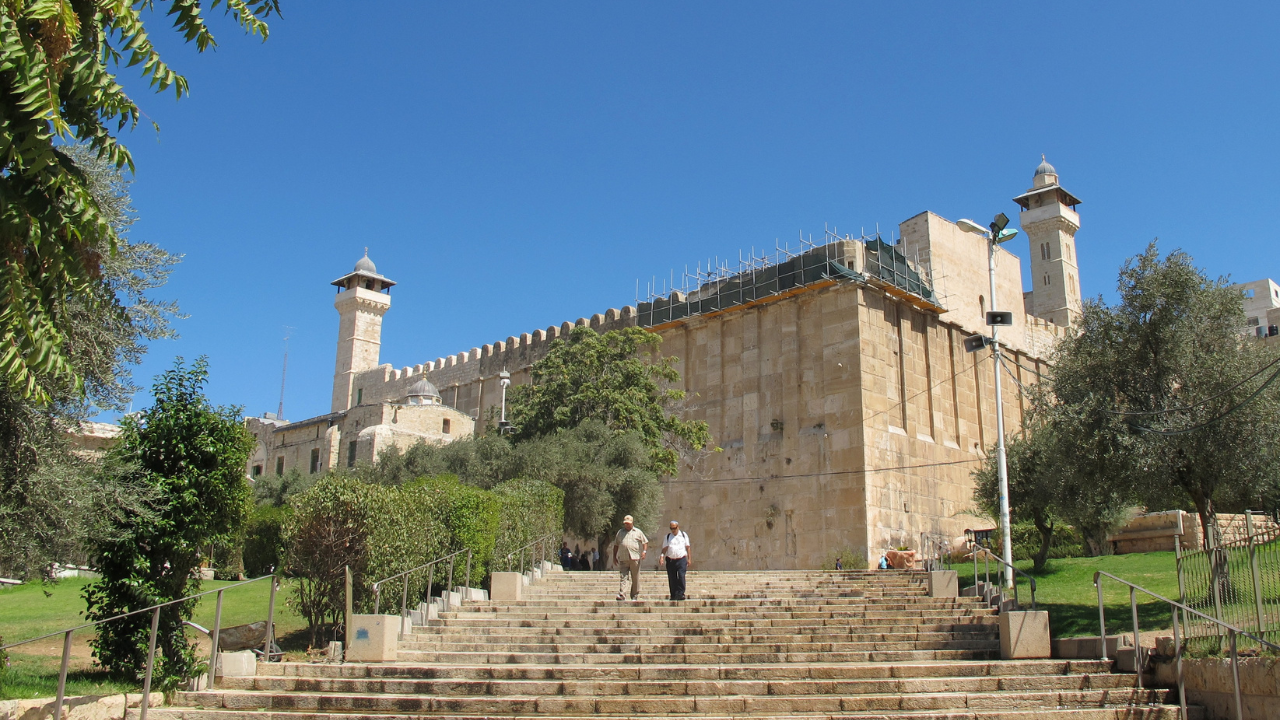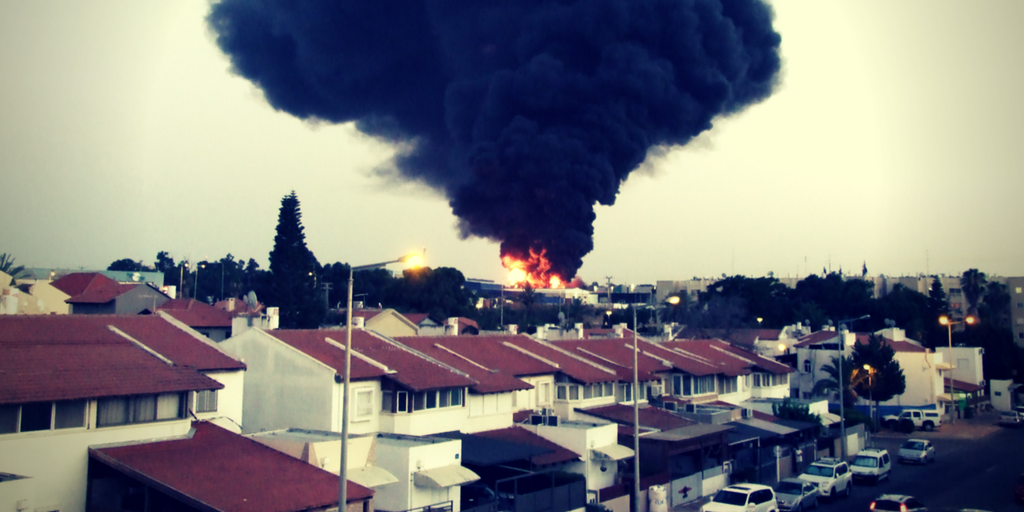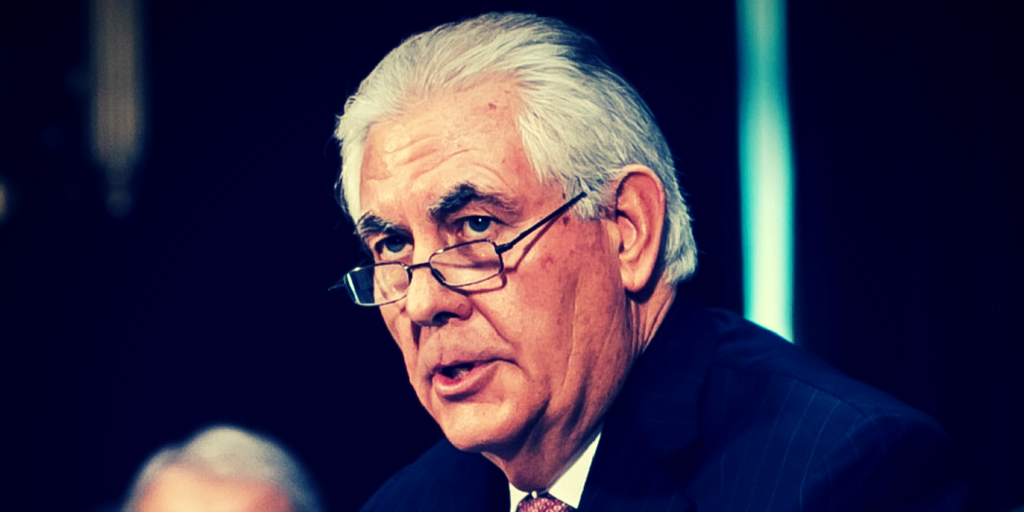There is a common mantra the international leftwing and woke movement repeats over and over. – “Israel is the occupier.” While it is easy to refute such nonsense, videos and images from cities like Hebron can make it hard to assuage even veteran Israel supporters.
After all, at first glance Hebron is jarring. A little more than 1,000 Jews live among at least 150 thousand Arabs. The IDF appears to be all over the place and security barriers divide various areas. Despite the fact that the larger Jewish community of Kiryat Arba abuts Hebron, the Jewish community in Hebron can still feel isolated.
However, the images and a videos one sees from afar or the experience one has in person is not the whole picture. In fact, the heavy security presence in Hebron only exists in about 3% of the city – the area that is controlled by Israel since the Wye River Accords otherwise known as H2. The rest of the 97% of Hebron – known as H1 is officially controlled by the Palestinian Authority.
The reason for the heavy military presence in H2 is due to the pogroms, terrorism, and violence against the Jewish community in Hebron. This has gone on well before the 1967, when the Jewish people regained sovereignty in Hebron and long before 1948, when the Jewish people regained their independence.
There has been a continuous Jewish presence since Biblical times except for about 70 years during Byzantine rule, long before the current Arab presence began. Jews were massacred there in 1929 and the Jews that returned to what is known as the Tel Rumeida neighborhood, were forcibly removed in 1936 by the British.
While the international left likes to paint a distorted image of Hebron, the fact is, it is hard consider control over just 3% of a city – occupation – especially when that 3% contains residents and holy sites that have been maligned by the majority Arab population for centuries.
It is time to look at Hebron holistically and within a broader historical context instead of pigeonholing it into the same false conflict paradigm that exists within the anti-Israel leftwing.






